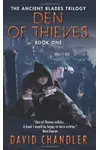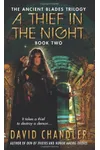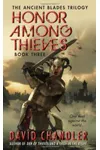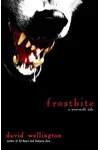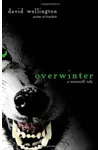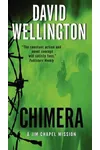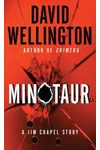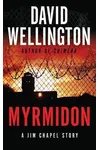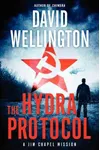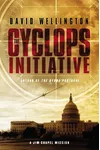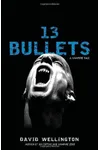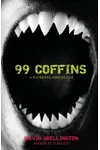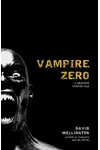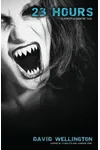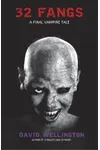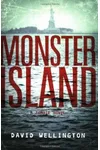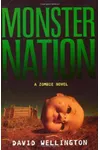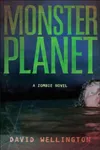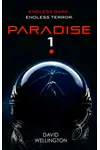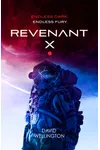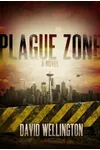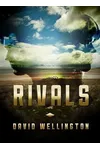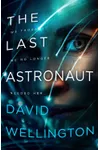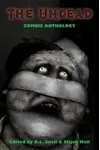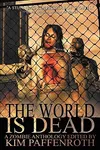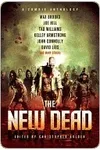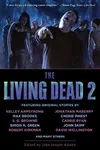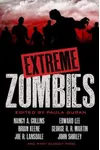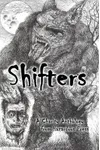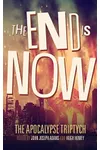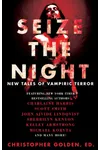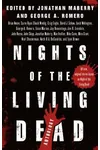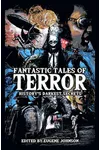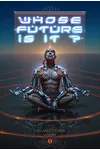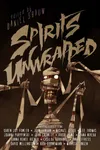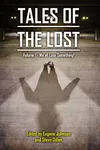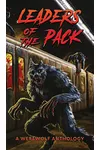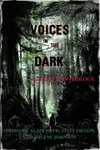Picture a Pittsburgh-born storyteller who turned zombies and vampires into global sensations—meet David Wellington! Born in 1971, this American horror maestro has thrilled readers with his Monster Island trilogy and beyond, blending classic monsters with fresh, gritty twists. His tales, translated into over 11 languages, have redefined supernatural fiction with pulse-pounding narratives and nuanced characters.
From his early days scribbling stories to his breakout success serializing novels online, Wellington’s journey is as captivating as his books. With a knack for reimagining horror staples, he’s carved a unique niche in contemporary literature, proving that monsters can still terrify and fascinate.
The Making of David Wellington
Born and raised in Pittsburgh, Pennsylvania, David Wellington grew up in the shadow of George Romero’s zombie films, a fitting backdrop for his future in horror. He honed his craft at Syracuse University, later earning an MFA in creative writing from Penn State and a master’s in library science from the Pratt Institute. His time digitizing UN records in 2003, surrounded by ex-KGB agents and global intrigue, sparked a storytelling fire. In 2004, Wellington began serializing Monster Island on a friend’s blog, a bold move that caught the eye of Thunder’s Mouth Press, launching his career.
David Wellington’s Unforgettable Stories
Wellington’s Monster Island trilogy—Monster Island (2006), Monster Nation (2006), and Monster Planet (2007)—revolutionized zombie fiction. The series follows survivors in a post-apocalyptic world, with a sentient zombie, Gary, adding moral complexity. His Laura Caxton vampire series, starting with 13 Bullets (2007), reimagines vampires as ferocious predators, not romantic figures, across five gripping novels. Frostbite (2009) and Overwinter (2010) form a werewolf duology set in the Arctic, blending survival horror with lyrical prose. Writing as D. Nolan Clark, Wellington’s sci-fi horror novel The Last Astronaut (2019) earned an Arthur C. Clarke Award nomination, showcasing his versatility.
His style is cinematic, with fast-paced plots and vivid sensory details—think footsteps echoing in the dark. Wellington’s monsters are grounded yet terrifying, reflecting human fears and resilience. From zombie-ravaged Manhattan to alien-infested colonies, his worlds are immersive and unpredictable.
Why David Wellington Matters
David Wellington’s impact on horror is undeniable. His innovative online serialization in the early 2000s foreshadowed digital publishing trends, making him a pioneer. His books, featured in The New York Times and Fangoria, have inspired a new generation of horror writers to rethink classic tropes. By blending action, psychological depth, and social commentary, Wellington’s stories resonate globally, proving horror’s power to reflect our darkest fears.
His influence extends beyond novels. Wellington’s comic book debut with Marvel Zombies Return: Iron Man (2009) and short stories like “Twilight in the Green Zone” in Exotic Gothic (2007) showcase his range, cementing his legacy as a versatile storyteller.
About David Wellington
- Born: 1971 in Pittsburgh, Pennsylvania
- Key Works: Monster Island, 13 Bullets, The Last Astronaut
- Awards: The Last Astronaut nominated for the 2020 Arthur C. Clarke Award
- Fun Fact: Lives in New York City with his wife and dog, Mary Shelley
Ready for a thrilling ride? Grab Monster Island and dive into David Wellington’s electrifying horror universe!
